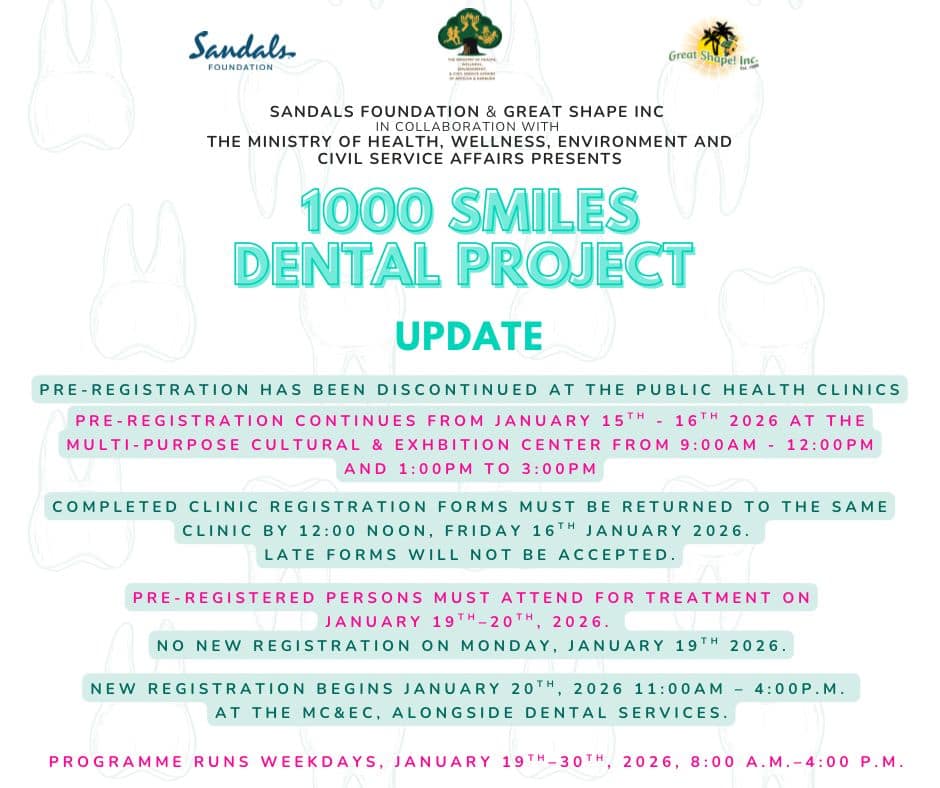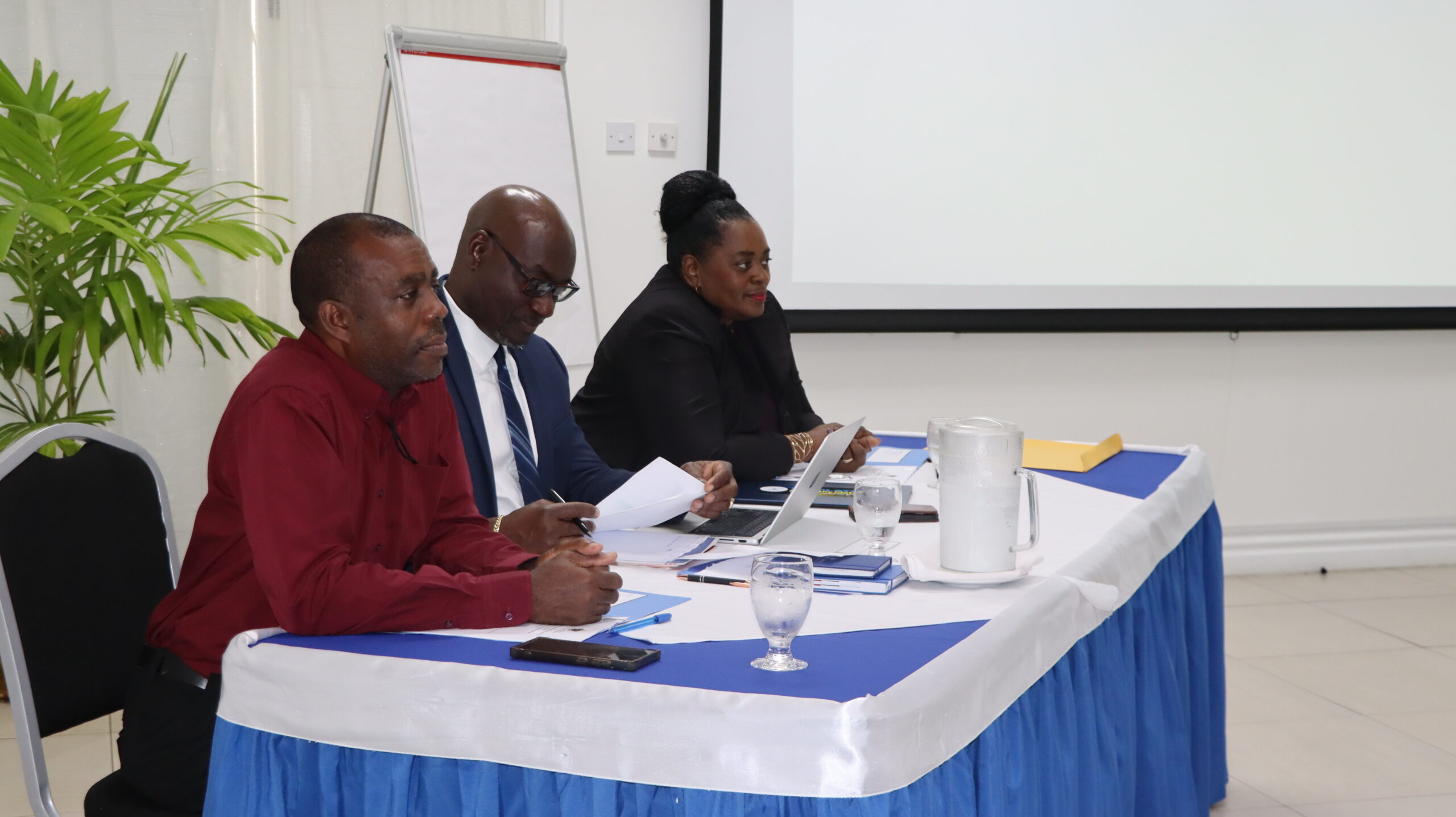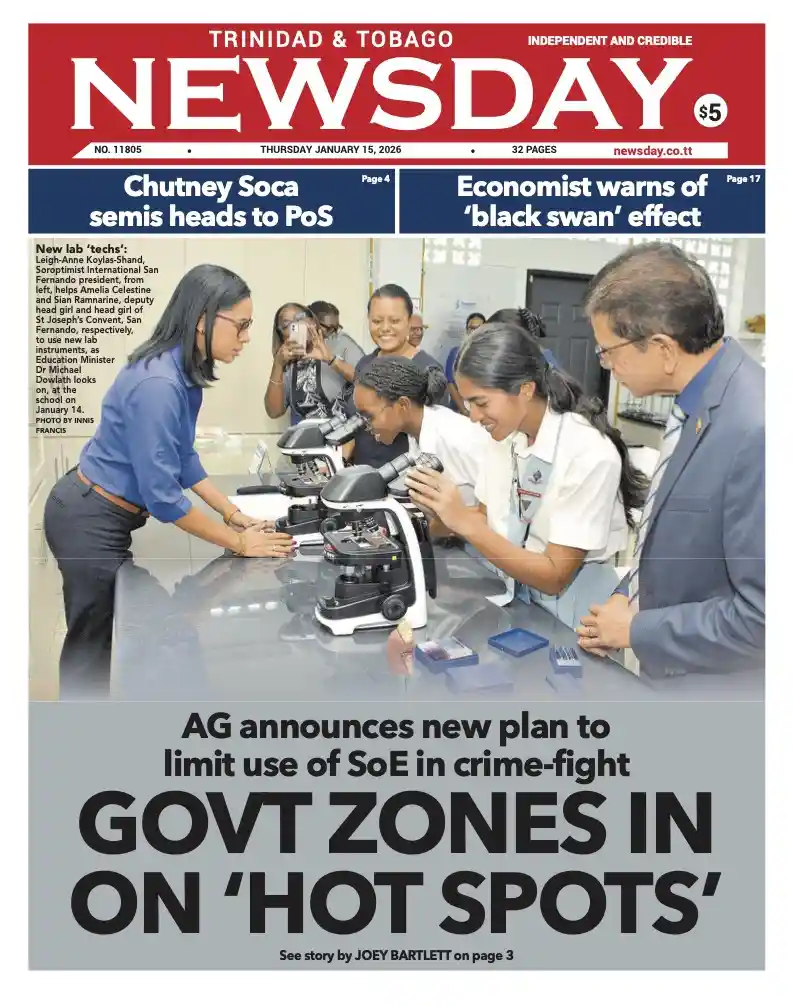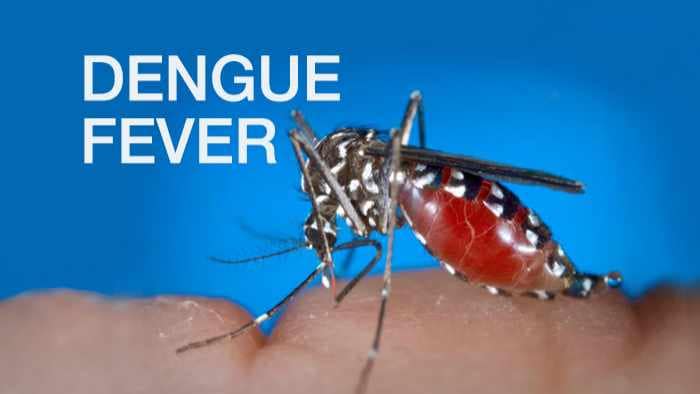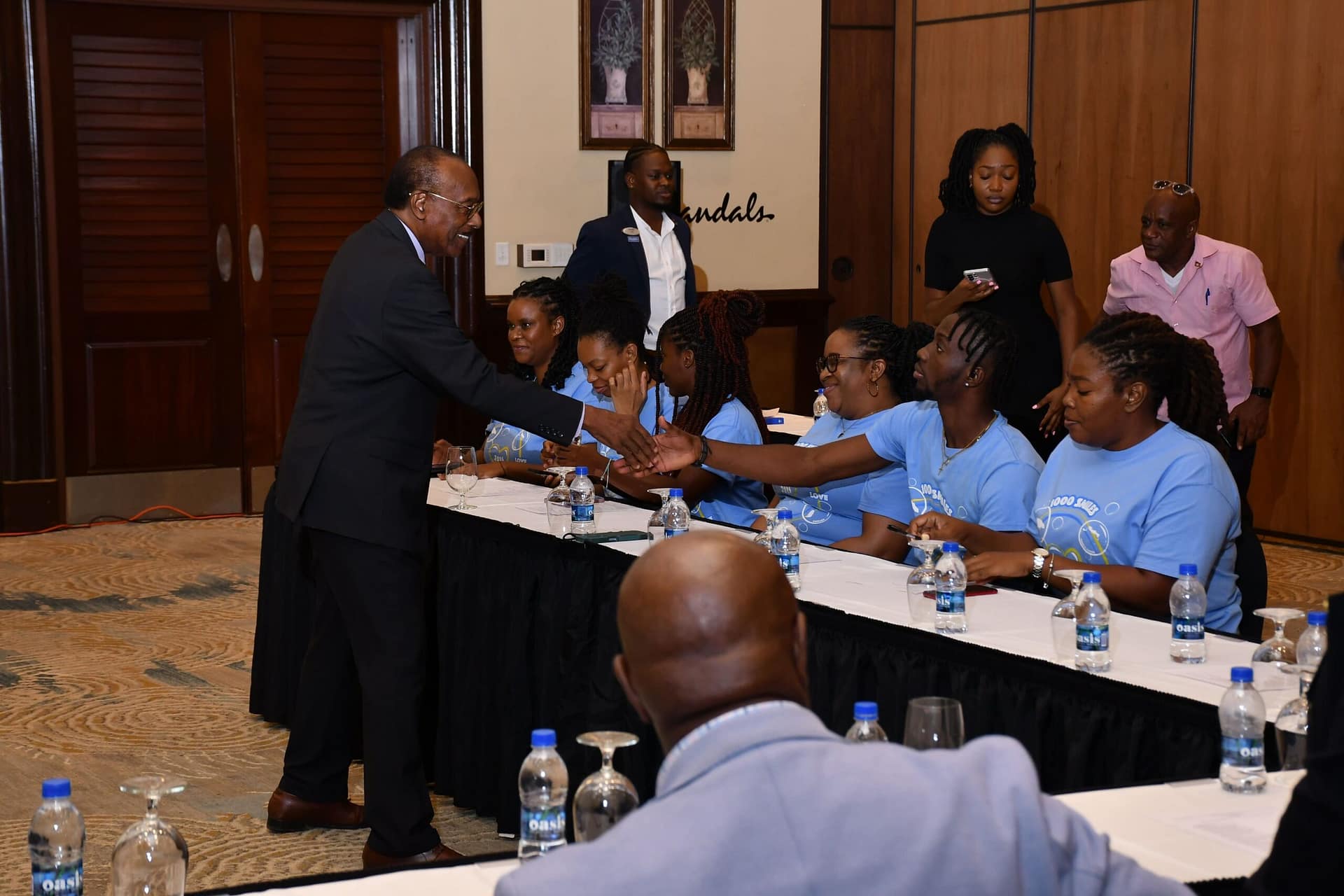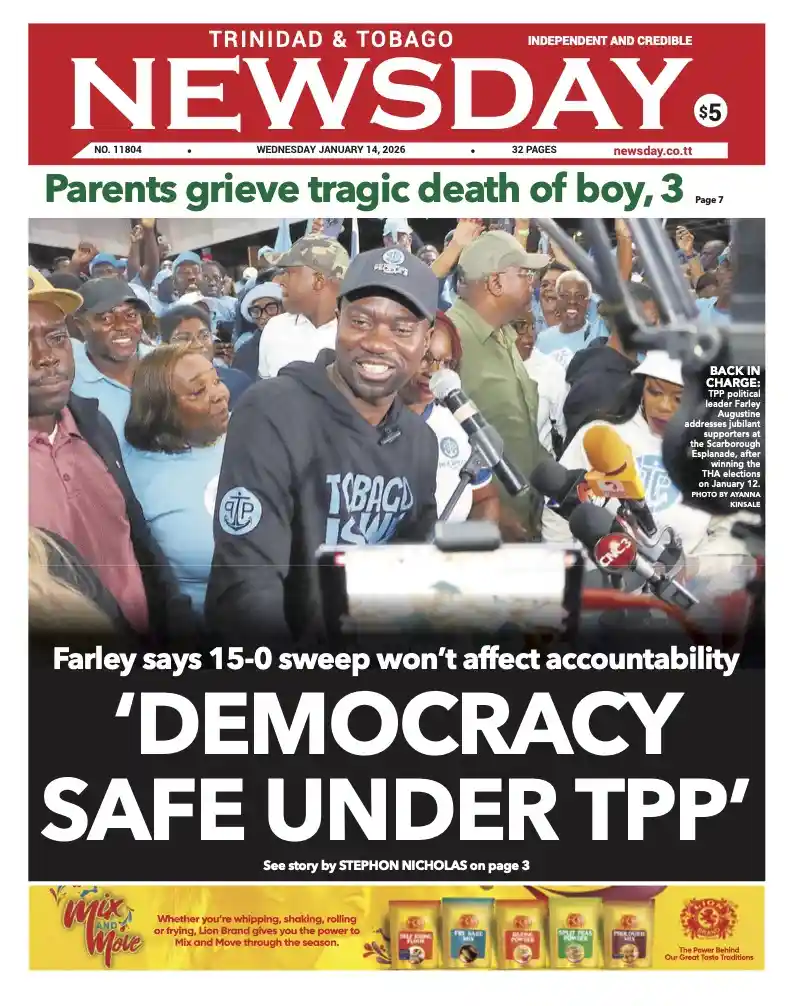The Ministry of Health, Wellness, Environment and Civil Services has announced significant modifications to the registration protocol for the upcoming Great Shape Inc. – 1,000 Smiles Free Dental Initiative. This collaborative effort between the Ministry and the Sandals Foundation will implement revised procedures for its 2026 program.
Pre-registration activities have been relocated exclusively to the Multipurpose Cultural and Exhibition Centre, occurring on Thursday, January 15th and Friday, January 16th, 2026. Registration hours are scheduled from 9:00 a.m. to 12:00 noon, resuming from 1:00 p.m. to 3:00 p.m. daily. This centralized approach replaces the previously announced registration at six public health clinics.
Individuals who obtained registration forms from the clinics must return completed documents to their original collection points by 12:00 noon on January 16th, 2026. Forms submitted after this deadline will be deemed invalid for program consideration.
Successful registrants will receive dental treatments on Monday, January 19th and Tuesday, January 20th, 2026. No new registrations will be processed on the initial treatment day. However, commencing Tuesday, January 20th, new registrations will be accepted at the Multipurpose Cultural and Exhibition Centre from 11:00 a.m. to 4:00 p.m., operating simultaneously with clinical services.
The comprehensive dental program will provide essential services including dental fillings, root canal treatments, tooth extractions, and professional dental cleanings. The initiative will run weekdays from January 19th through January 30th, 2026, with operating hours from 8:00 a.m. to 4:00 p.m.
The Ministry expresses gratitude for public cooperation and urges interested participants to adhere to these updated procedures to ensure access to these complimentary dental services.
